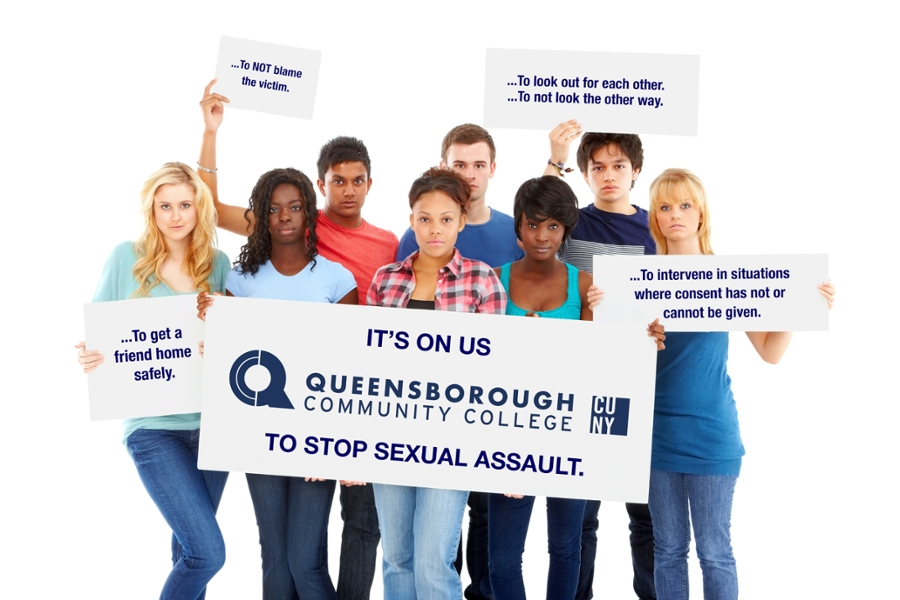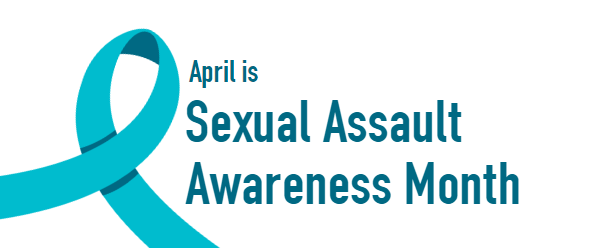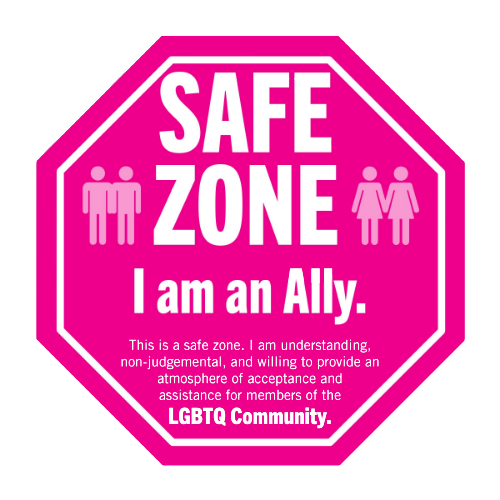Title IX: Combating Sexual Assault and Other Unwelcome Sexual Behavior
It's On Us Queensborough: Enough is Enough

Anyone – of any gender, gender identity, sexual orientation, religious affiliation, citizenship status, race, class or educational level – can suffer from sexual harassment, including sexual violence. The goal of this website is to help you understand what sexual harassment means and let you know that there are people at CUNY and in the community who can help if you or others experience it. We want to make sure you understand your rights as a student or employee, CUNY's policies, and other issues related to sexual harassment, gender harassment and sexual violence.
On every CUNY campus there is a person who has special training in helping students and employees who are facing issues related to sexual harassment and sexual violence. We urge you to contact this person (who is known as the “Title IX Coordinator”) for guidance or information.
How to Report a Sexual Misconduct
- If the incident occurred on-campus, call Public Safety or 911;
- If the incident occurred off-campus, call 911 or go to the local NYPD precinct. Contacting the police does not require you to file charges.
- Seek medical attention as soon as possible. Campus Public Safety or the police can help you get medical care or you can go on your own (or with a friend) to an emergency room.
- Preserve evidence. You do not need to decide immediately whether to take action against the person who assaulted you. But if you might want to do this, it is important to preserve evidence of the assault. Go to an emergency room and ask for a SAFE or rape exam. (Do not bathe or brush your teeth prior to going.) For a list of hospitals in New York City with this service, visit the NYC Alliance Against Sexual Assault website. Retain the clothing you were wearing in a paper (not plastic) bag. If the assault took place in your home or dorm room, do not rearrange furniture and/or clean up.
- We also encourage you to contact the Title IX Coordinator.
Title IX Coordinator:
Belinda Delgado
Administration Building, Room 505
(718) 281-5755
Student Affairs:
Dr. Brian R. Mitra
Library Building, Room 412
(718) 631-6351
Office of Public Safety:
John Triolo
Library, 3rd Floor
(718) 631-6320
Executive Director of Human Resources:
Nelmy Negrete
Administration Building, Room 410
(718) 631-6243
nelmy.negrete@qcc.cuny.edu
Counseling Center
Library Building, Room 422
(718) 631-6370
Counseling website
CUNY Work/Life Program
Corporate Counseling Assistance (CCA)
1-800-833-8707
login code: cuny
My CCA Online
Title IX: Title IX of the Education Amendments of 1972 (“Title IX”) is a federal civil rights law that prohibits discrimination on the basis of sex in education programs and activities at universities receiving federal funds. Under Title IX, discrimination on the basis of sex can include sexual harassment or sexual violence, such as rape, sexual assault, sexual battery, and sexual coercion
*Special thanks to Brown University for allowing CUNY to use some of their materials*
How to Respect Boundaries
Boundaries are key to healthy relationships! We should all be prepared to not only set and share our own boundaries but also to respond to others in a way that respects and honors the other person's decisions and feelings. This means lots of open communication with partners, friends, family, and others!

7 Tips to Setting Boundaries
1. Be Proactive
Taking responsibility in a relationship means proactively working to understand the other person's needs. Trust your gut when you think it's something that needs to be brought up by asking questions and checking in with your friend or partner.
2. Accept Their Choice, Even if It's Not What You Want
Even when a boundary is approached respectfully, the answer can still be no. Validate the person's choice by saying, "Okay" or "I totally get it!". After, do what you need to do to process your emotions in a way that won't make the other person feel scared, unsafe, or manipulated.
3. Don't Compromise Comfort
In relationships, compromise is an essential tool for healthy conflict. But boundary-setting should be approached differently because it involves personal safety and comfort. When someone expresses discomfort or unease, it's time to pump the brakes, not negotiate.
4. An Explanation Isn't Owed
Sometimes our first instinct is to ask"'Why?" When it comes to boundaries, it's better to take someone's word for it. They may have trouble expressing their reason or they may not feel comfortable telling you yet. You can build trust by accepting someone's decision at face value.
5. Listen (to What They're Not Saying!)
Of course you should always listen to what someone is telling you, but sometimes the answer is in what they're not saying. Paying attention to nonverbal cues—tensing up, looking away, fidgeting, tone of voice-can help you determine whether the 'yes' you're getting is genuine.
6. Be Aware of Power Dynamics
Think about your situation critically: are you a senior asking a freshman to hook up? Are you the captain of the varsity team asking a JV player to carry your bag? Imbalanced power dynamics can make someone feel pressured to consent.
7. Take Responsibility
We all do unhealthy things sometimes. If you ever disrespect someone's boundary, the best thing to do is make sure it doesn't happen again. Own up, apologize, and change your behavior. It's never okay to excuse the hurt you've caused someone.

Resources
Stalking
Gender-based Violence & LGBTQI+ Resources
NYC Mayor's Office to End Domestic and Gender-Based Violence
External Human Rights Agencies
NYC Commission on Human Rights
New York State Division of Human Rights
Hotlines
NYPD Special Victims Division Hotline 212-267-RAPE (24 hours)
Rape Crisis and Domestic/Intimate Partner Violence Services
National Sexual Assault Hotline 800-565-HOPE
Safe Horizon: Rape and Sexual Assault Hotline 1-212-227-3000
or search www.safehorizon.org
Safe Horizon: Domestic Violence Hotline 1-800-621-4673
NYC Anti-Violence Project 212-714-1141 (24 hour)
New York Women Against Rape 212-777-4000
One Love Resources
10 Signs of Healthy Relationship
What Unhealthy Relationships Can Look Like Through an LGBTQ+ Lens
11 Common Patterns of Verbal Abuse
11 Reasons Why People in Abusive Relationships Can't "Just Leave"
Facts About Digital Abuse You Need to Know
How to Help a Friend Who May be in an Abusive Relationship
Tips for Supporting a LGBTQ+ Friend in an Unhealthy Relationship
How to Help a Friend Who May be Abusive
National Service Providers & Helplines
Education and Training
Title IX at CUNY
Policy on Sexual Misconduct Training Series
Glossary of Sexual Misconduct Terms
ESPARC For Employees
SPARC For Students
Study Abroad Policy & Procedures
Understanding Title IX Guidelines When Abroad: A Student Guide
Domestic CUNY-Sponsored Trips and Conferences
Athletic Staff
CUNYAC Staff Title IX Training
Implementation Memo Policy on Student-Athlete Attestation of Serious Misconduct
The CUNY Policy on Student-Athlete Attestation of Serious Misconduct
CUNY Policies
QCC Student Sexual Misconduct Bill of Rights
CUNY Drug/Alcohol Amnesty Policy
CUNY Policy on Equal Opportunity and Non-Discrimination
CUNY Campus and Workplace Violence Policy







